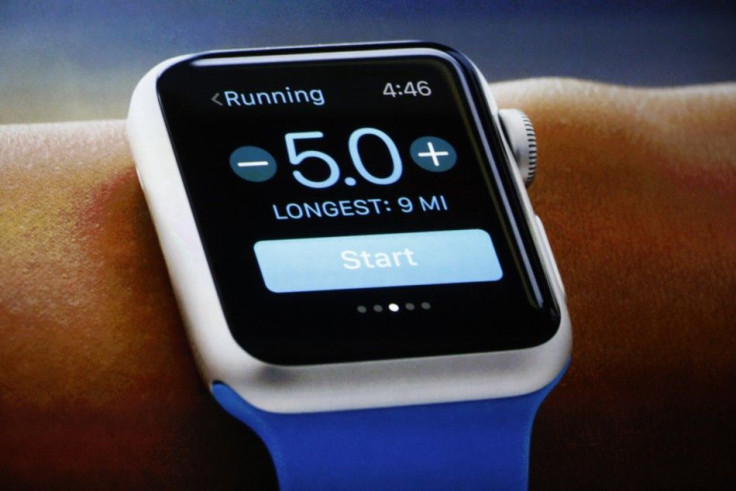Apple Watch can now detect cardiac arrhythmia with 97 percent accuracy

The Apple Watch is apparently more than just an iPhone accessory or a fitness band. The smartwatch, together with the Cardiogram app, can reportedly detect one of the most common heart arrhythmias called atrial fibrillation. Not only that, the accuracy rate is pretty high, which makes it not only convenient, but reliable as well.
The University of California in San Francisco conducted a new research and found out that the heart rate sensor of the Apple Watch can actually help in the detection of atrial fibrillation, which is a common cardiac condition that could lead to stroke. A deep neural network was involved to automatically make a distinction between atrial fibrillation and normal heart rhythm. An estimated 200 people with diagnosed paroxysmal atrial fibrillation participated in the research.
Those who partook in the study were given a mobile electrocardiogram. They had to take at least one reading each day or whenever they experienced specific symptoms, including feeling lightheaded or suffering heart pains. The Cardiogram team utilised the data to train the deep neural network, then paired it with the Apple Watch heart rate figures to detect atrial fibrillation.
The newly developed algorithm provided higher accuracy compared to previously validated methods. It was able to achieve an accuracy of 97 percent, with an atrial fibrillation detection sensitivity of 98 percent and specificity of 90 percent. Thanks to a collective effort, the Cardiogram team’s hard work is being shown at the Heart Rhythm Society.
The developers are excited of what’s to come, and they are happy with the fact that consumer-grade wearables can now be used to detect conditions. With that in mind, the Cardiogram team is looking forward to more progress. They want to treat the disease, not just diagnose it. They’re hoping that in the near future, the app would be able to alert the user about heartbeat abnormality and offer a way to chat with a cardiologist.
“After connecting you with a doctor, we will monitor the effectiveness of your treatment plan,” said the Cardiogram team. ‘[It] looks like your beta blocker medication is working, but loses effectiveness after 12 hours. Why don’t you increase your dosage?’ Using wearables, we can not only detect disease early, but can also guide patients down the road to recovery.”
Apple is now into health and wellness more than ever. The Mac maker has also recently acquired Beddit and its sleep-monitoring technology. The tech giant is reportedly incorporating advanced health features and sleep-tracking capabilities into the Apple Watch and its future wearables (see related story below).
RELATED STORIES:
Apple to reportedly boost Apple Watch with newly acquired Beddit technology
Apple products dominate: iPhone, iPad and Watch top respective charts, sell more than rivals






